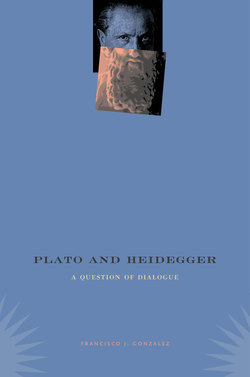Описание книги
In a critique of Heidegger that respects his path of thinking, Francisco Gonzalez looks at the ways in which Heidegger engaged with Plato’s thought over the course of his career and concludes that, owing to intrinsic requirements of Heidegger’s own philosophy, he missed an opportunity to conduct a real dialogue with Plato that would have been philosophically fruitful for us all. Examining in detail early texts of Heidegger’s reading of Plato that have only recently come to light, Gonzalez, in parts 1 and 2, shows there to be certain affinities between Heidegger’s and Plato’s thought that were obscured in his 1942 essay “Plato’s Doctrine of Truth,” on which scholars have exclusively relied in interpreting what Heidegger had to say about Plato. This more nuanced reading, in turn, helps Gonzalez provide in part 3 an account of Heidegger’s later writings that highlights the ways in which Heidegger, in repudiating the kind of metaphysics he associated with Plato, took a direction away from dialectic and dialogue that left him unable to pursue those affinities that could have enriched Heidegger’s own philosophy as well as Plato’s. “A genuine dialogue with Plato,” Gonzalez argues, “would have forced [Heidegger] to go in certain directions where he did not want to go and could not go without his own thinking undergoing a radical transformation.”
